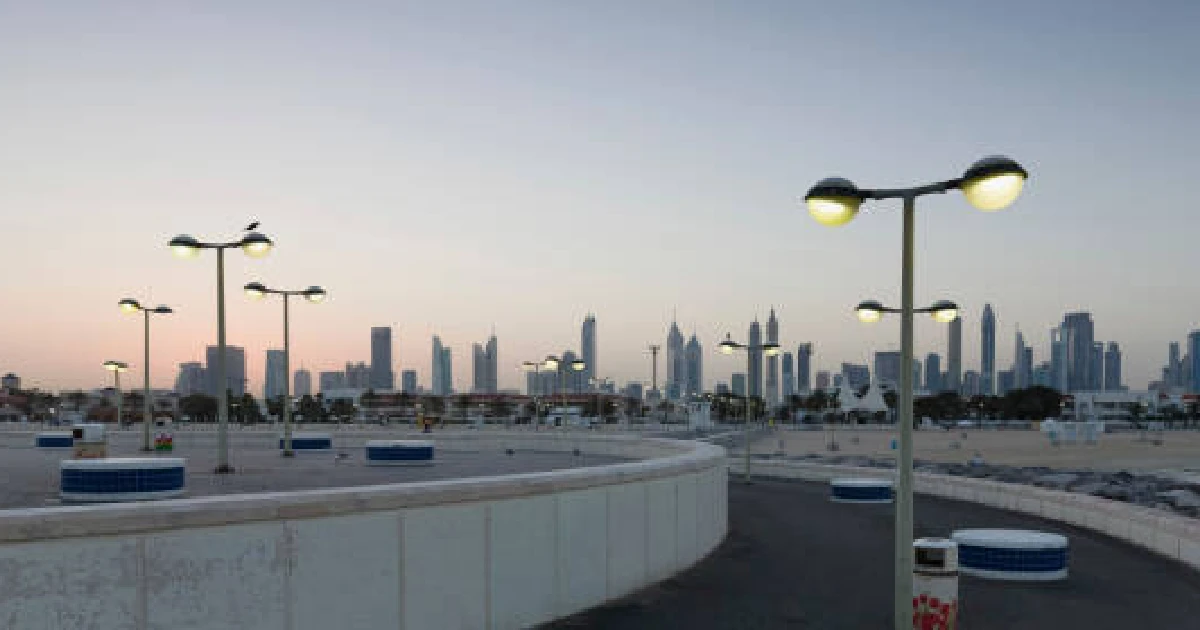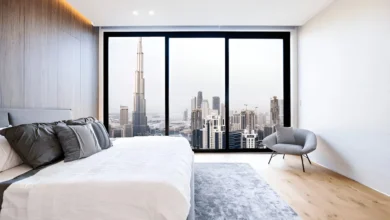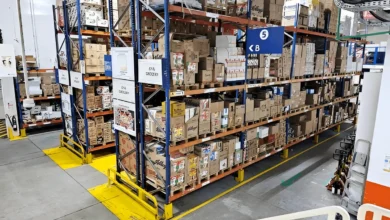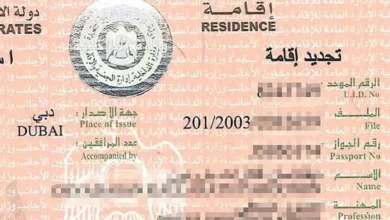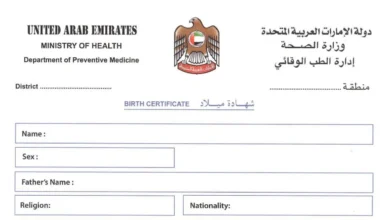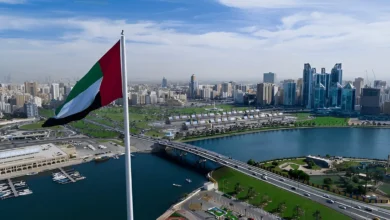
Dubai’s property market has seen incredible growth over the past couple of decades, transforming from a small trading port to a global hub for business, tourism, and real estate investment.
Some factors that have driven this growth include:
- Economic diversification – Dubai has focused on sectors like financial services, transportation, and tourism to reduce dependence on oil revenue.
- Business-friendly policies – Low tax rates, free trade zones, and other incentives have attracted foreign investment.
- Influx of ex-pats – Dubai’s population has surged to over 3 million due to job opportunities, and lifestyle offerings.
- Tourism boom – Major developments like Burj Khalifa, Palm Jumeirah, and Dubai Mall have established the emirate as a top tourist draw.
These conditions have fueled rising demand for property in Dubai from investors and end-users alike. As a result, prices have steadily climbed over the years across both the residential and commercial segments.
While demand is robust, there are a few key factors that impact property values in Dubai:
- Location – Prime areas like Downtown Dubai, and Dubai Marina command the highest prices per square foot.
- Type of development – Branded projects by top developers fetch higher valuations.
- Supply pipeline – New project launches can temporarily dampen prices in some areas.
- Oil prices – As Dubai’s economy is still partly oil-reliant, low crude prices can negatively affect sentiment.
- Regulatory changes – Rules on foreign ownership, residency visas, and mortgage lending affect demand.
These variables lead to frequent price fluctuations in Dubai’s property arena. However, the long-term trajectory remains positive on account of urbanization and economic trends.
Researching Dubai’s Property Market
Average Property Prices in Dubai
Recent data on average sales prices for apartments in Dubai’s most popular neighborhoods is summarized below:
| Location | Average Price (1-Bed) |
| Dubai Marina | AED 1,596,000 |
| Business Bay | AED 1,607,000 |
| Downtown Dubai | AED 2,010,000 |
As seen above, Downtown Dubai commands the highest average rates given its prestige as the heart of the city. Meanwhile, Dubai Marina and Business Bay offer modern high-rises along the waterfront for slightly more affordable prices.
Rise of Property Values Over Recent Years
According to market research, apartment prices in Dubai have increased by around 30-35% over the last 5 years. Villas have also seen a similar uptrend during this time.
This steady rise has been driven by factors like population and economic growth, paired with controlled launches of new units. Despite short-term dips, the long-term outlook remains bullish.

Financial Requirements for Property Investment in Dubai
The financial criteria for buying a property in Dubai are:
- Down payment – 20-25% of property value
- Mortgage eligibility – Banks typically allow 4x of your annual income
- Monthly EMI commitment – No more than 30% of monthly salary
Based on average apartment prices in prime areas, you would need to earn at least AED 26,000 per month to afford a 1-bedroom flat in Dubai Marina or Business Bay once additional costs are factored in.
The minimum monthly salary requirement rises to AED 32,500 for Downtown Dubai apartments.
Additional Costs Associated with Property Purchase
On top of sale prices, buyers in Dubai need to budget for:
- Registration fees of ~4%
- Brokerage commissions if not buying directly from a developer
- Any customizations or upgrades opted for
- Ongoing service charges for maintenance & amenities
Accounting for these extra expenses is vital when assessing the true salary needed to comfortably finance a property in Dubai.
How Salaries in Dubai Compare with Property Prices
Typical Dubai salaries based on occupation:
- Entry-level professional – AED 8,000 to 15,000 per month
- Mid-career professional – AED 15,000 to 35,000 per month
- Senior executive – AED 35,000+ per month
Therefore, those in mid to upper-management roles and specialized fields are best positioned to purchase property in the emirate.
However, even junior employees can aim to buy affordable units in secondary or upcoming areas.
Own Financial Capacity
Prospective buyers should carefully assess parameters like:
- Current income & job stability
- Existing loans and liabilities
- Savings available for down payment
- Family responsibilities
- Risk appetite
This evaluation will help determine the right property value range and payment plans they can qualify for.

How to Buy Property in Dubai
Here is the property purchase process
- Choosing location and unit type
- Due diligence on developer reputation and project status
- Securing pre-approval for home loan
- Payment of booking fee and signing of contract
- Registration of property under ownership laws
Expats and overseas investors have to navigate additional formalities related to visas and permits.
Legal and Financial Advice for Prospective Buyers
It is prudent for property buyers in Dubai
It is prudent for property buyers in Dubai to consult experts for guidance, including:
- Real estate brokers – For area insights and suitable options
- Property lawyers – For verification of ownership rights and title deed
- Mortgage advisers – For assistance in selecting the right home loan products
- Tax consultants – For clarity on taxation implications in the home country
Leveraging such professional services can optimize decision-making for buyers and ensure a smooth acquisition process.
Conclusion
Dubai offers a vibrant property landscape, but prices are among the highest globally. It is vital for buyers to realistically assess their income, expenses, and financial means before jumping into investments.
While premium developments and neighborhoods command very high prices, options do exist across the spectrum. Benchmarking the typical salary levels against property costs is prudent.
For professionals starting their careers or families in the UAE, buying a home can be a meaningful milestone.





